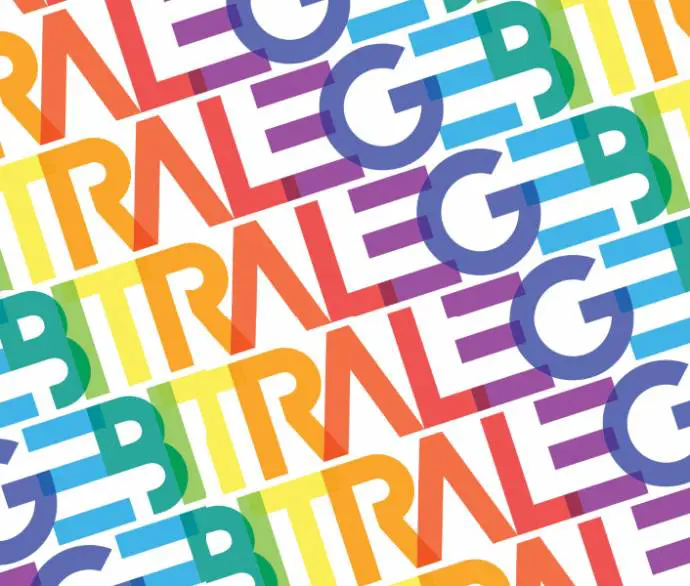Mitja Ćosić of Legebitra told the STA that the healthcare worker had refused to accept the HIV-positive patient after they told them about the virus.
The individual filed a lawsuit against the worker, with the court agreeing with the plaintiff and granting them emotional distress damages.
This is the first ruling on discrimination of HIV-positive people in healthcare, although Ćosić said that the incidence may be quite high in reality.
"As many as 90% of HIV-positive persons have been faced with this or other sorts of discrimination at some point," he added.
In most cases, HIV-positive persons are discriminated against in terms of access to healthcare, the right to equal access and treatment, the right to free choice of healthcare provider and the right to privacy, Legebitra said.
Discriminating HIV-positive persons is a violation of the patients' rights as well as a violation of the Constitution and several other pieces of legislation and several codes, Legebitra stressed.
In addition to violating law, discrimination is absurd, people who are treated and have HIV concentration levels below perceivable cannot transmit the virus, the NGO said and added that the disease could not be transmitted if healthcare workers follow the usual guidelines for treating all patients.
Legebitra also called for systemic solutions and above all for raising awareness and training healthcare workers to address the issue of discrimination of HIV-positive persons.







